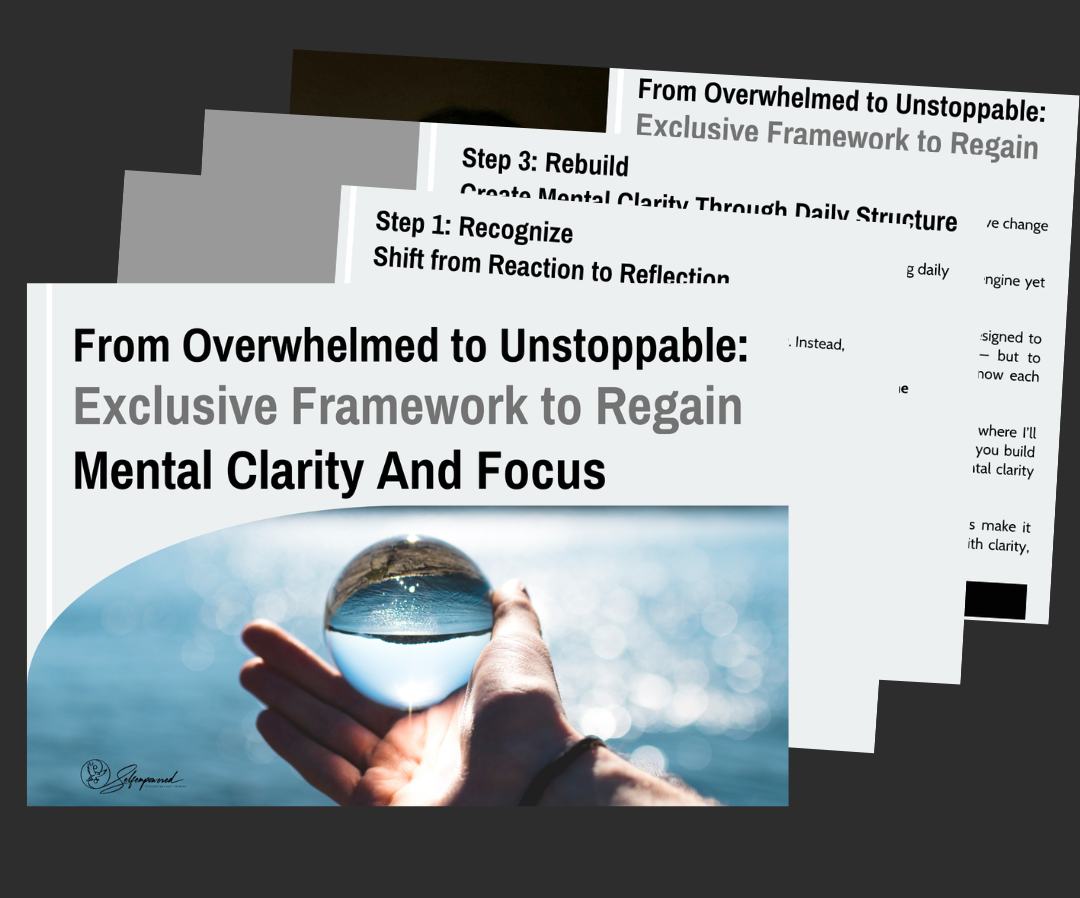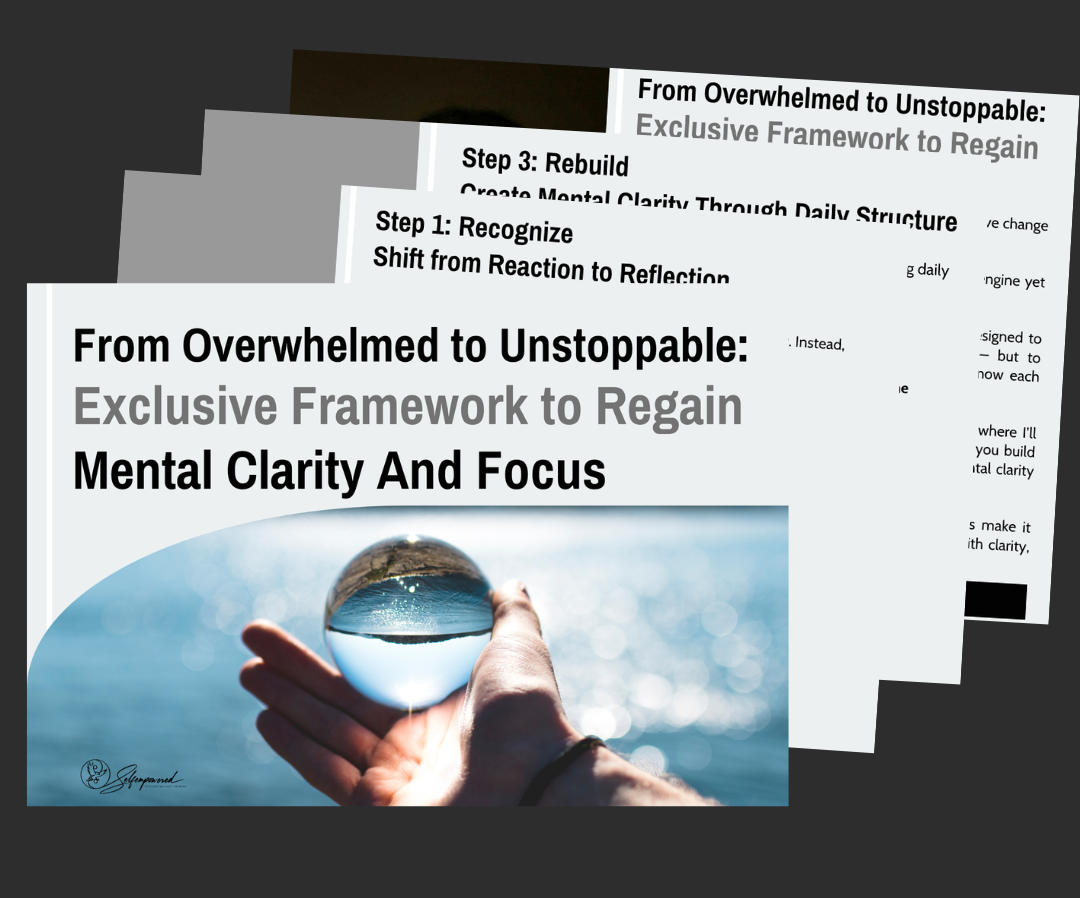Managing Anxiety in the Current Political Climate
Nov 21, 2025In this episode of the ThinkWell Podcast, the discussion returns to the themes of politics, religion, and their deep influence on personal and collective wellness. Following strong listener engagement from the previous episode, the conversation expands on why discussing politics and religion openly is not only important but essential for intellectual and emotional well-being.
The episode begins by addressing the cultural taboo around political and religious discussions. Many people avoid these topics because conversations can quickly become heated due to emotional attachments, rigid beliefs, or differing levels of knowledge. Yet avoiding these subjects contributes to intellectual stagnation, misunderstanding, and increased anxiety about the world. Encouraging open, calm, and curious dialogue helps reduce fear, expand perspective, and strengthen collective understanding.
The hosts highlight how political events and national celebrations, such as the Fourth of July and Canada Day, evoke deeper reflections about identity, values, and national history. Rather than offering historical analysis, the episode focuses on current political tensions, particularly in the United States, and their influence on mental health. Political decisions, economic instability, global conflict, and media narratives all contribute to widespread anxiety, uncertainty, and emotional overwhelm.
A major theme is the importance of critical thinking. Many people adopt political identities without questioning their party’s actions or motivations. This rigidity prevents meaningful conversation. The episode encourages listeners to evaluate sources, explore multiple sides of an issue, and avoid relying solely on mainstream media. Developing intellectual wellness involves doing one’s own research, examining biases, and being willing to revise beliefs as new information emerges.
The conversation touches on personal stories that illustrate how difficult but valuable these dialogues can be. Some individuals refuse to discuss religion or politics entirely, while others engage openly but selectively. Even when two people disagree, respectful conversation can deepen understanding and strengthen relationships. The episode emphasizes that disagreement is not a threat; it is an opportunity for learning.
The hosts also explore how political systems shape everyday life. Issues like wages, economic inequality, healthcare, safety, and immigration policy all impact individual well-being. Without understanding political structures, citizens are left confused, resentful, or fearful. Having even a basic grasp of economics, governance, and social systems empowers people to navigate their lives with more clarity and autonomy.
The episode then turns toward global concerns, including immigration policies and rising authoritarian tendencies. The discussion covers the emotional impact of seeing injustice, discrimination, and brutality in the news. These events can provoke anger, fear, and helplessness. Recognizing these emotional reactions is an important part of wellness, and processing them through conversation, community, or reflection strengthens resilience.
A key point repeated throughout the episode is that citizens have more power than they think. Individuals influence society not only through voting but also by the media they consume, the companies they support, the conversations they participate in, and their willingness to stay informed. Intellectual wellness involves recognizing personal agency and understanding how collective action shapes political outcomes.
The episode closes with a call to action: talk more, not less. Engage with opposing viewpoints. Read books instead of relying solely on social media. Listen with curiosity rather than defensiveness. Avoid putting entire groups into single categories. Approach politics and religion with humility, courage, and openness. These practices strengthen both personal mental health and the collective intellectual landscape.
Above all, listeners are encouraged to ask themselves which side of history they want to stand on. Even small acts of awareness and conversation can contribute to preventing harmful patterns from repeating. By thinking well, staying informed, and participating consciously, individuals can create healthier communities and a more thoughtful society.
Enter the Mind Dojo And Begin Your Mental Self-Defence Journey Today
A calm mind is not a personality trait. It’s a practiced skill.


